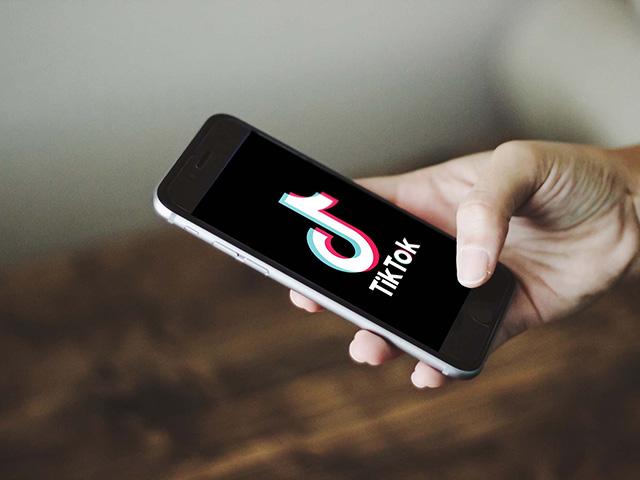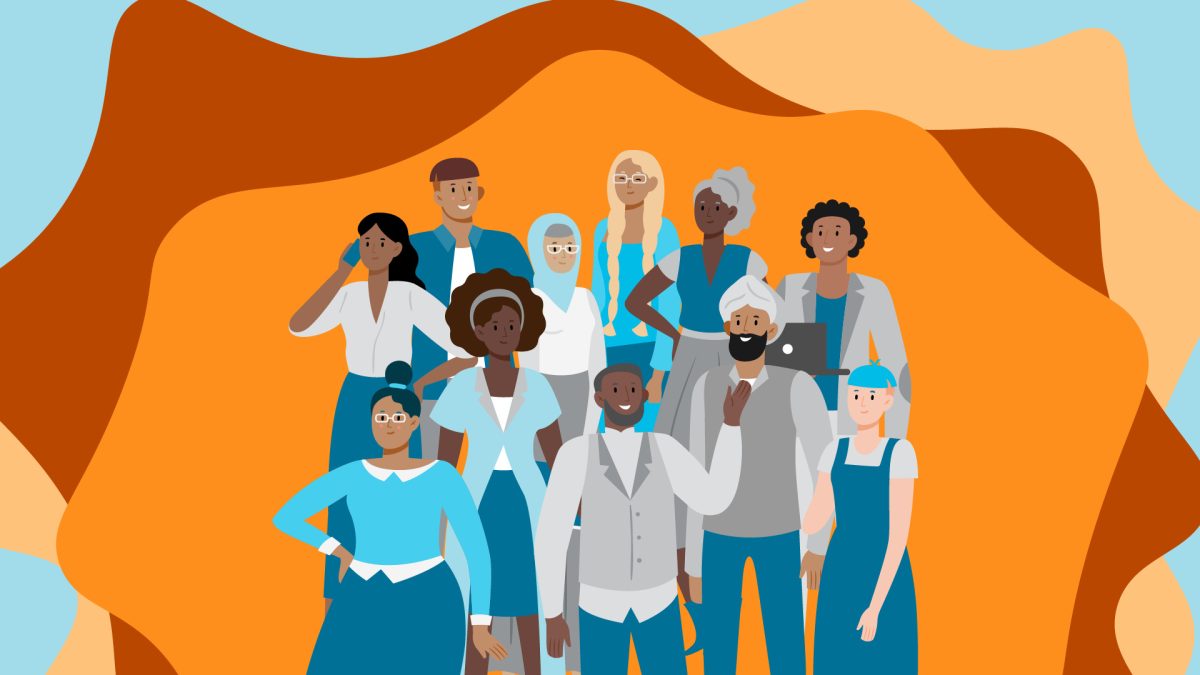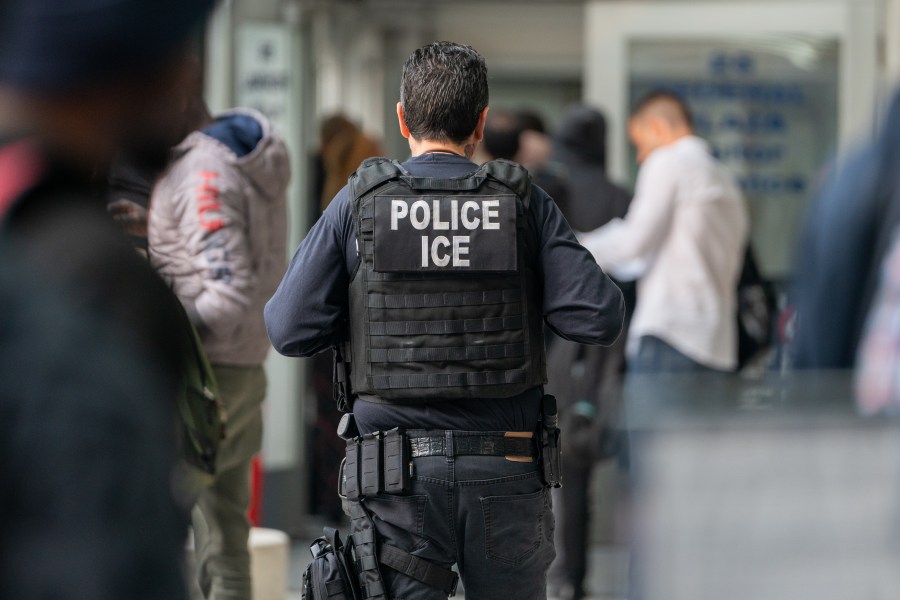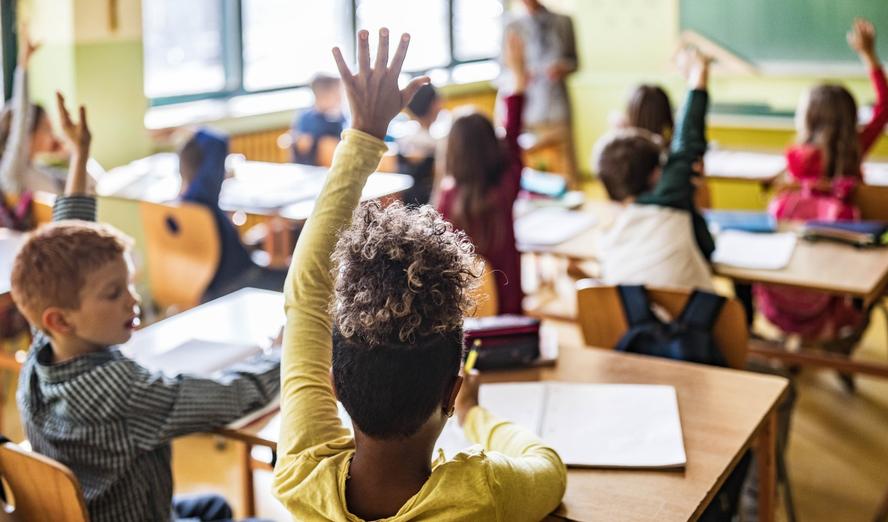“This is not an attempt to ban TikTok; it’s an attempt to make TikTok better. Tic-tac-toe, a winner. A winner,” said Representative Nancy Pelosi, on March 13th, 2024.
About nine months later, on January 18th, TikTok went dark. This came as a surprise for many users who were mentally preparing themselves for the alleged ban on January 19th. If you tried to open the app, a message read, “A law banning TikTok has been enacted in the U.S. Unfortunately, that means you can’t use TikTok for now.” Only around 12 hours later, TikTok was back.
So, why did this happen? TikTok is owned by ByteDance, a Chinese organization founded by Zhang Yimin. In December 2022, FBI Director Christopher Wray raised national security concerns about TikTok. He warned that Chinese officials could manipulate the app’s recommendation algorithm to influence operations. Around February 2023, the White House gave federal agencies thirty days to ensure TikTok is deleted from all government-issued mobile devices. The FBI and the Federal Communications Commission warned that ByteDance could share TikTok user data with China’s authoritarian government. This raised concern in the general public, causing many users to delete the app. Others feared that it would get banned nationwide. Around March 2023, legislators grilled TikTok CEO Shou Zi Chew in a six-hour congressional hearing. Clips of Chew getting questioned went viral and swarmed TikTok. “Okay, have you ever been a member of the Chinese Communist Party?” questioned U.S. Senator Tom Cotton. “Senator, I’m Singaporean, no,” said Chew. “Have you ever been associated or affiliated with the Chinese Communist Party?” asked Sen. Cotton. “No Senator, again, I’m Singaporean,” Chew repeated. A year later, the House of Representatives passed the TikTok ban-or-sell bill, and the Senate followed suit, sending the bill to President Biden, who signed it.
In response, TikTok and ByteDance sued the U.S. federal government to challenge this, arguing that the law would be unconstitutional. A federal appeals court unanimously upheld the law that could lead to a ban on TikTok, rejecting the idea that a ban on the platform infringes on the First Amendment. The Supreme Court upheld the federal ban on TikTok unless it’s sold by its China-based parent company, holding that the risk to national security posed by its ties to China overcomes concerns about limiting speech by the app. This ban was set to take place on January 19th.
The news filled TikTok, news outlets, and the internet. Many well-known influencers started a “confession” trend where they would expose one last thing before TikTok was gone forever. One of the most well-known TikTok influencers, Charli D’Amelio, exposed the truth behind the “anxiety pen controversy.” In 2020, a video of her blowing vapor out of a device that seemed to be a vape or a Juul started circulating the internet. A rumor stating that it was an “anxiety pen” grew in popularity and eventually faded the controversy away. However, right before the TikTok ban, Charli posted a video admitting that it was not an anxiety pen and that she didn’t know where that rumor started. Charli D’Amelio was not the only one who did this; mukbang, makeup, and fitness influencers also confessed to faking their content. This backfired, as TikTok was back after only about 12 hours of being banned.
Most influencers that participated in this trend apologized; some claimed it was a joke, and a few pretended it had never happened.
Users celebrated the restoration of the app. Many were going as far as downloading RedNote, a Chinese social media app, as a protest to TikTok being banned. But, even with the app’s “comeback” there were still questions on the future of TikTok. Currently, the app is unavailable on both the App Store and Google Play, which means that those who deleted TikTok cannot re-download it. If this situation persists, users who already have TikTok installed may also be unable to use the app, as it would fail to receive updates.
TikTok now has less than three months to either sell the app or to get removed in the United States. Even though ByteDance has refused to sell TikTok multiple times, the app would not be the same if it were to happen. TikTok would lose the algorithm that makes it “special” and it is unclear how the app would perform without it.
The future of TikTok is uncertain. It could range from a complete ban to the platform being owned by Jimmy Donaldson, known as Mr. Beast on YouTube. If TikTok does end up being banned, we can focus on the positives. Maybe, this will lead us to take a step back from social media and spend more time with our friends and family. Maybe, we will start having simpler forms of entertainment with more human interaction, like a game of tic-tac-toe.













